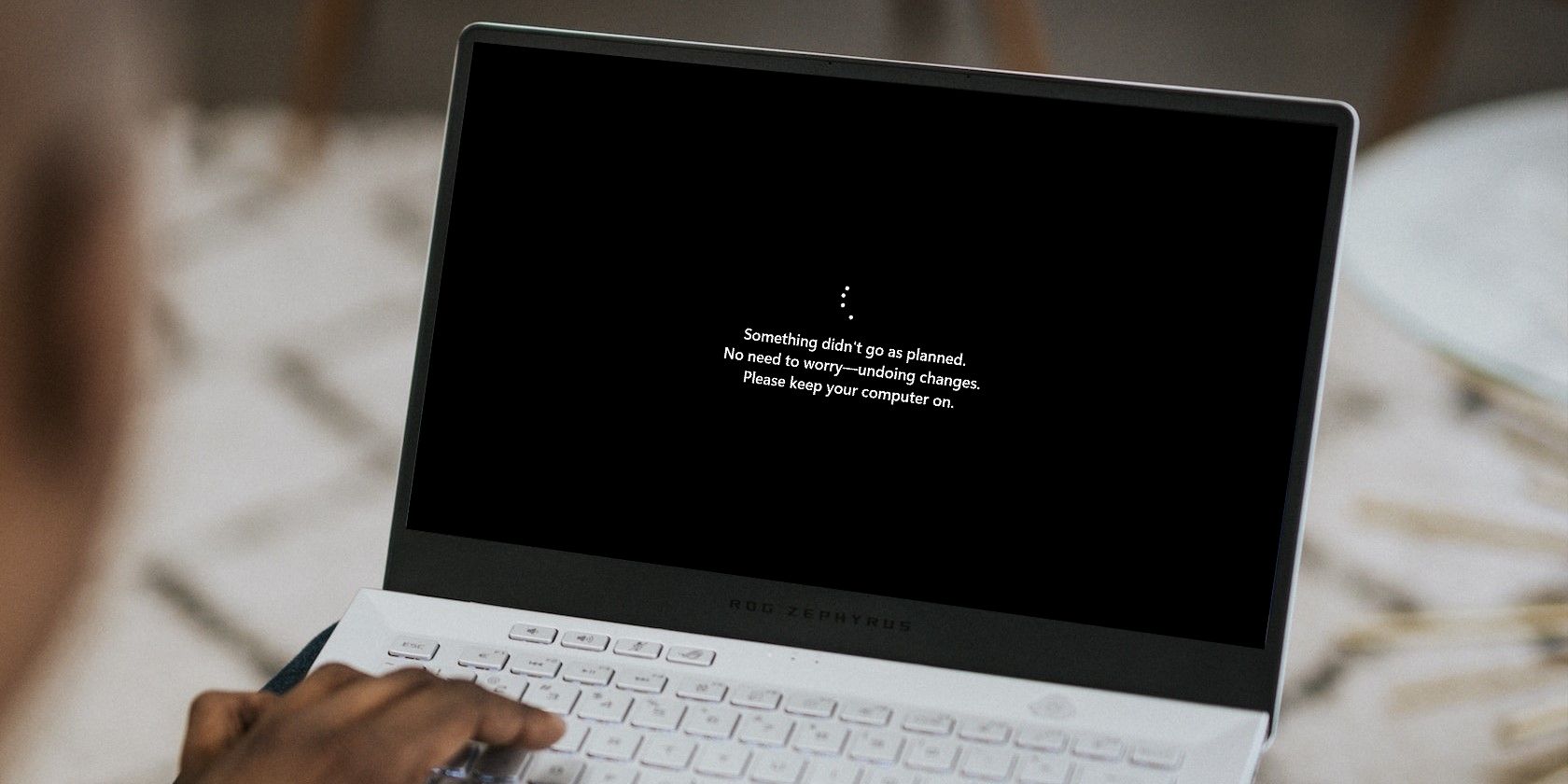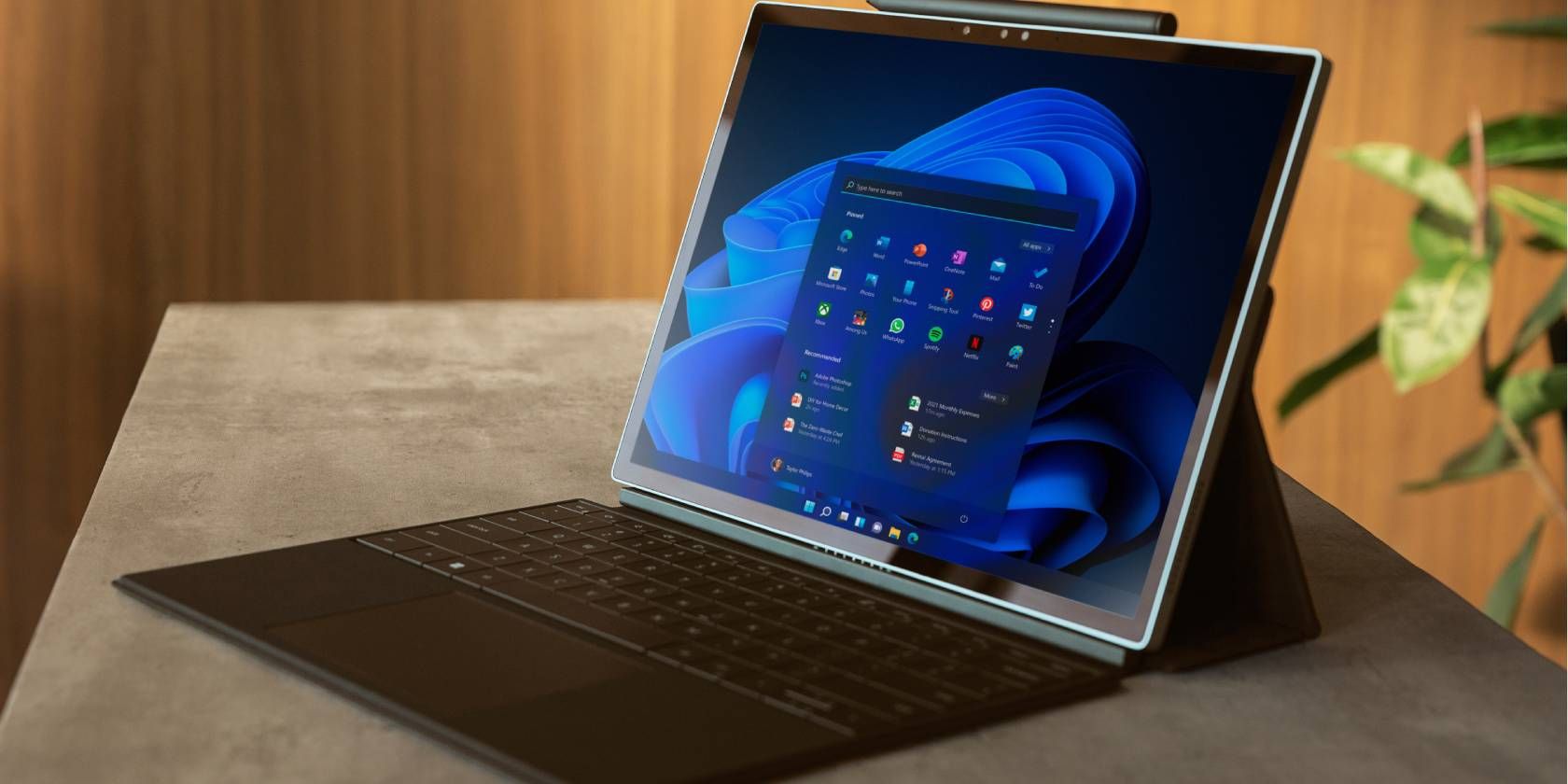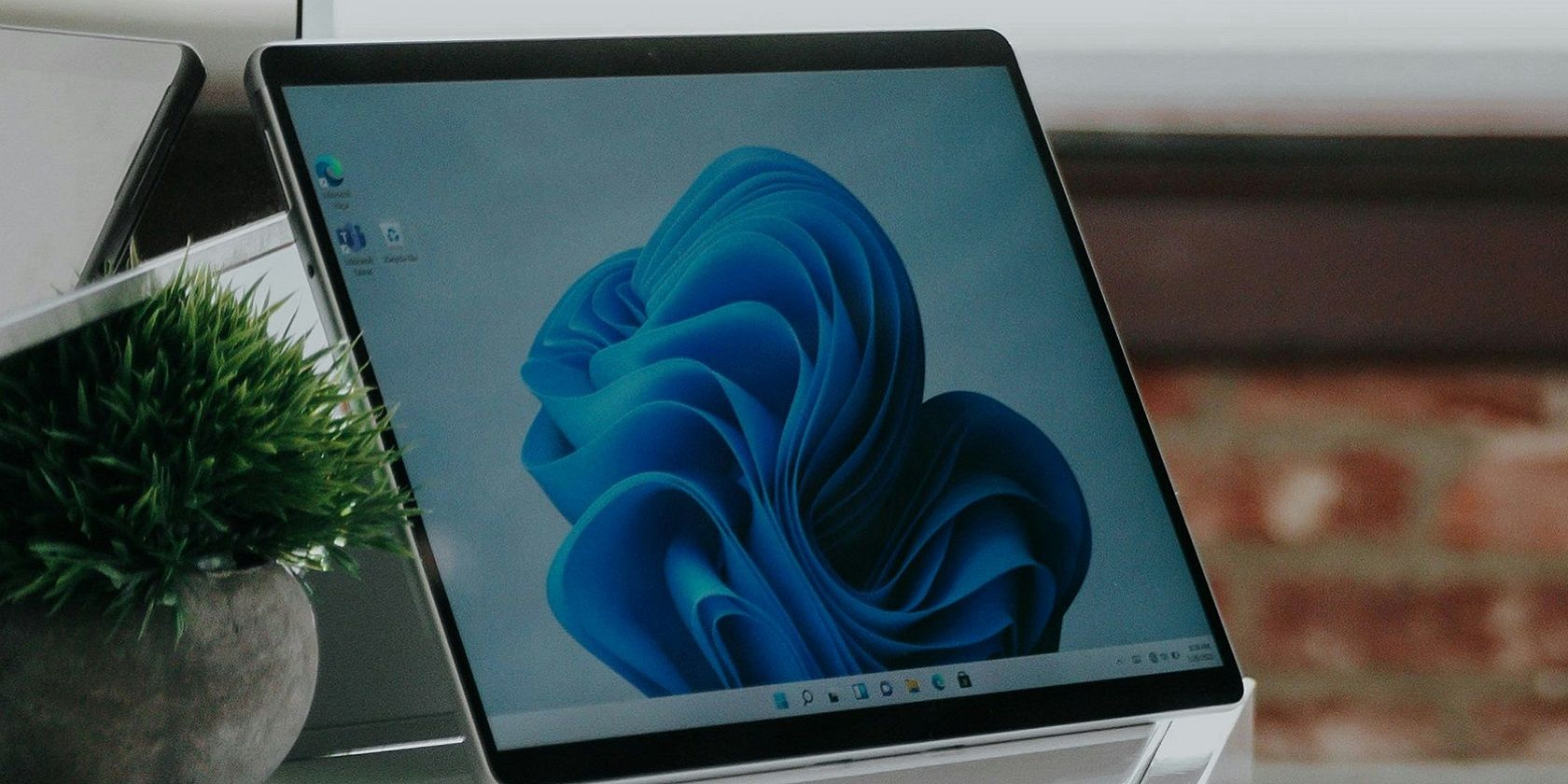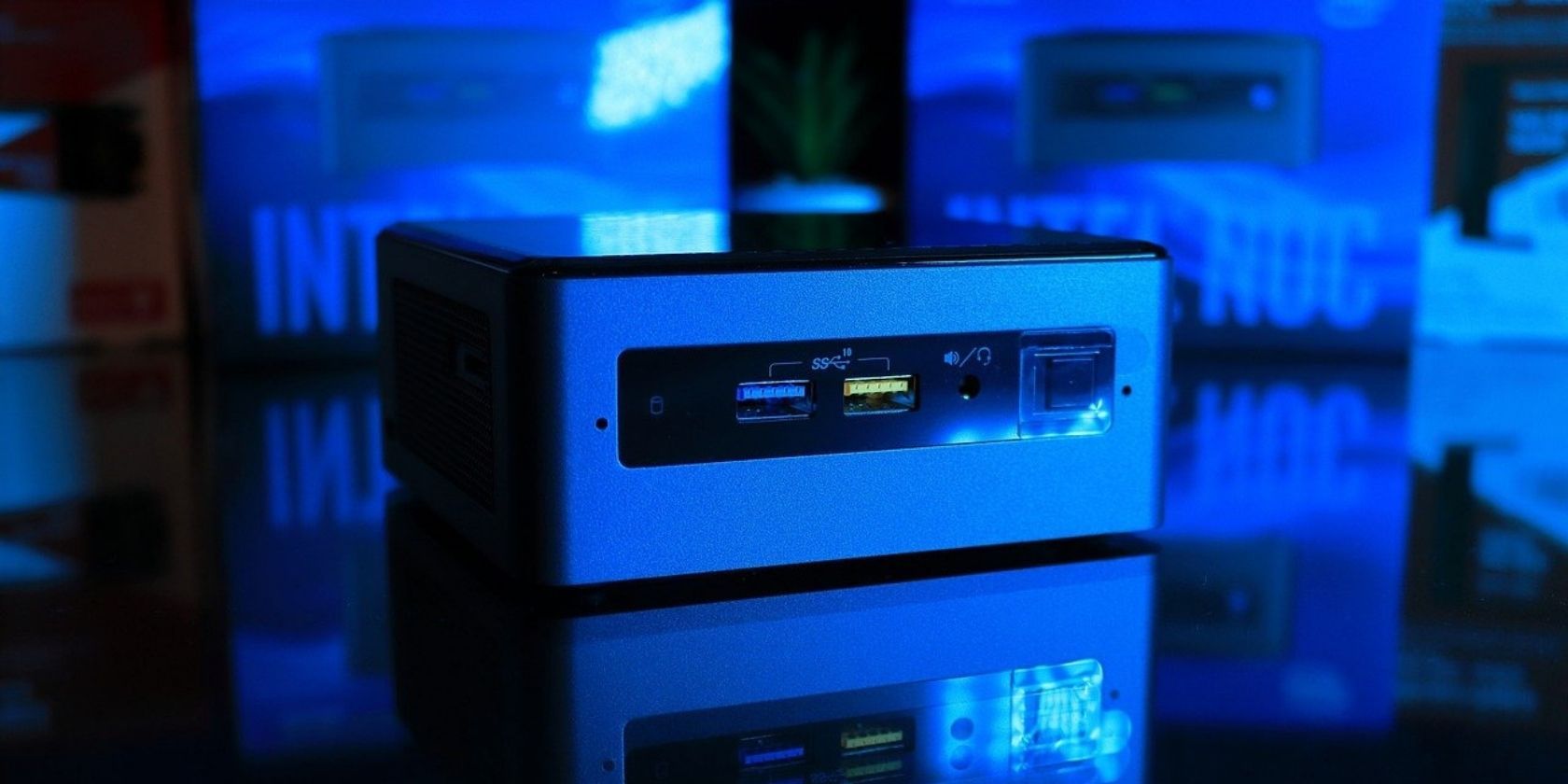
Maximizing Performance in Windows 10: A Compre Point Guide

Maximizing Performance in Windows 10: A Compre Point Guide
Disclaimer: This post includes affiliate links
If you click on a link and make a purchase, I may receive a commission at no extra cost to you.
Quick Links
Key Takeaways
- Windows 10 will no longer receive updates, including security patches, after its end-of-life in October 2025. This will drive people to upgrade to Windows 11.
- A report estimates that some 240 million Windows 10 PCs could end up in landfills after the OS’s end-of-life date.
- Alternatives for old Windows 10 PCs that can’t upgrade to Windows 11 include paying for extended support, bypassing Windows 11 requirements, trying Linux or ChromeOS Flex, or repurposing the PC for creative projects.
With Windows 10’s end-of-life date arriving on October 14, 2025, the topic of what to do with old PCs is increasingly important. The easy answer is to upgrade to Windows 11, but what if you can’t upgrade? Is sticking with Windows 10 the answer?
Why Would People Throw Away a Windows 10 PC?
Canalys posted a report on the state of Windows 10 PCs in December 2023. In the report, an analyst predicts that 240 million Windows 10 machines will end up in a landfill after the end-of-life date arrives. We already have a big issue with e-waste, and the report claims it’s only going to get worse as people begin to throw out their old computers.
But why would people throw away perfectly good machines running Windows 10?
Lack of Updates Past the End-of-Life Period

People can’t stick with Windows 10 forever because its support has a planned end. When this comes around, Windows 10 will stop receiving any updates from Microsoft. This isn’t just new features and bug fixes; it includes security patches too.
If any big vulnerabilities are found in Windows 10 after the end-of-life date, Microsoft won’t fix them (perhaps unless they’re really bad). This, in itself, will drive people to get off Windows 10 and upgrade to Windows 11. Unfortunately, upgrading to Windows 11 isn’t possible for everyone.
Windows 11’s Strict Hardware Requirements

Some people haven’t upgraded to Windows 11 because Microsoft won’t let them. If you open Windows Update, it will tell you whether or not you can upgrade to Windows 11.
If this checker deems that your PC is too old to run Windows 11, it won’t allow you to install the newer operating system. Upgrading your hardware can help get your PC over the line, but if your system is beginning to show its age, you may need to upgrade so much hardware that you’re better off buying a new machine.
How to Give Your Windows 10 PC a New Life
So what can you do with a Windows 10 computer that can’t upgrade to Windows 11, but you don’t want to throw out because it’s perfectly good hardware? Fortunately, there are plenty of ways you can save your Windows 10 PC from becoming part of a landfill.
1. Pay for Windows 10 Support

While not ideal, you can pay for additional Windows 10 support time . At the time of writing, we don’t know how much it will cost, but it will be a yearly fee that extends your protection until 2028. Microsoft will then publish security patches for severe exploits.
Given how the paid support will also expire eventually, this plan is best if you just need to, quite literally, buy some time until you can get a new computer that supports Windows 11.
2. Bypass Windows 11’s System Requirements

Alternatively, you can bypass Windows 11’s system requirements . This skips Windows 11’s hardware checks and allows you to install it on any PC you like.
This solution is also unideal, as Microsoft assumes that all PCs running Windows 11 meet the system requirements. As such, you may notice that Windows 11 runs slower than Windows 10, and some features may not work properly for you. However, it’s still arguably safer than using Windows 10 past the end-of-life date.
3. Try Linux or ChromeOS Flex

The term “Linux” is enough to make any Windows fan wince, but things have changed over the years. While it was true that using Linux a decade or two ago was a major learning curve for those who use Windows, modern-day Linux distros are a lot more user-friendly. Best of all, there are plenty of lightweight Linux distros that run on old PCs .
If picking a Linux distro isn’t ideal, you can try ChromeOS Flex . This is similar to turning your PC into a Chromebook running ChromeOS, with a few differences.
We’ve covered these options in more detail in our guide to reviving an old PC without Windows .
4. Turn It Into a Creative Project

Alternatively, you can take the Windows 10 machine off the internet so that attackers can’t breach it. Once it’s off the grid, you can then turn the computer into a creative project that continues to serve you even after you get a new PC. Check out unique creative projects to reuse an old PC for more information.
As drastic as 240 million PCs going to landfill sounds, you are still the master of what happens to your machine once Windows 10’s end-of-life date hits. And while it may be tempting to throw it away and get a new computer, you can put that hardware to good use with all kinds of alternative methods.
Also read:
- [Updated] Finding the Perfect Screen Recorder for Schooling
- [Updated] Ranchers' Revelry Best Friendly Farming Titles for Gathering Pals for 2024
- 2024 Approved Foundations of Motion Design Fundamentals
- 5 Simple Ways to Tell if Your PC Needs Restarting
- Change Background on PlayStation 5 Console
- How to Ensure Seamless Integration of Astro's A50 Headset with the Command Center
- Navigating the Apex of General Knowledge Trivia Channels in '24 for 2024
- Solving Disabled Network Visibility in Windows
- Steps to Handle 'No Device Drivers' Issue in System Setup
- Techniques for Incorporating Folders in Win11 UI
- Troubleshoot Windows 11: How to Fix Non-Functioning Search Feature
- Troubleshooting Clustered Icon Issue in Windows 11 Taskbar
- Windows 11 Unlocked: Effective TPM Deactivation
- Title: Maximizing Performance in Windows 10: A Compre Point Guide
- Author: David
- Created at : 2024-09-21 19:14:11
- Updated at : 2024-09-28 16:37:22
- Link: https://win11.techidaily.com/maximizing-performance-in-windows-10-a-compre-point-guide/
- License: This work is licensed under CC BY-NC-SA 4.0.